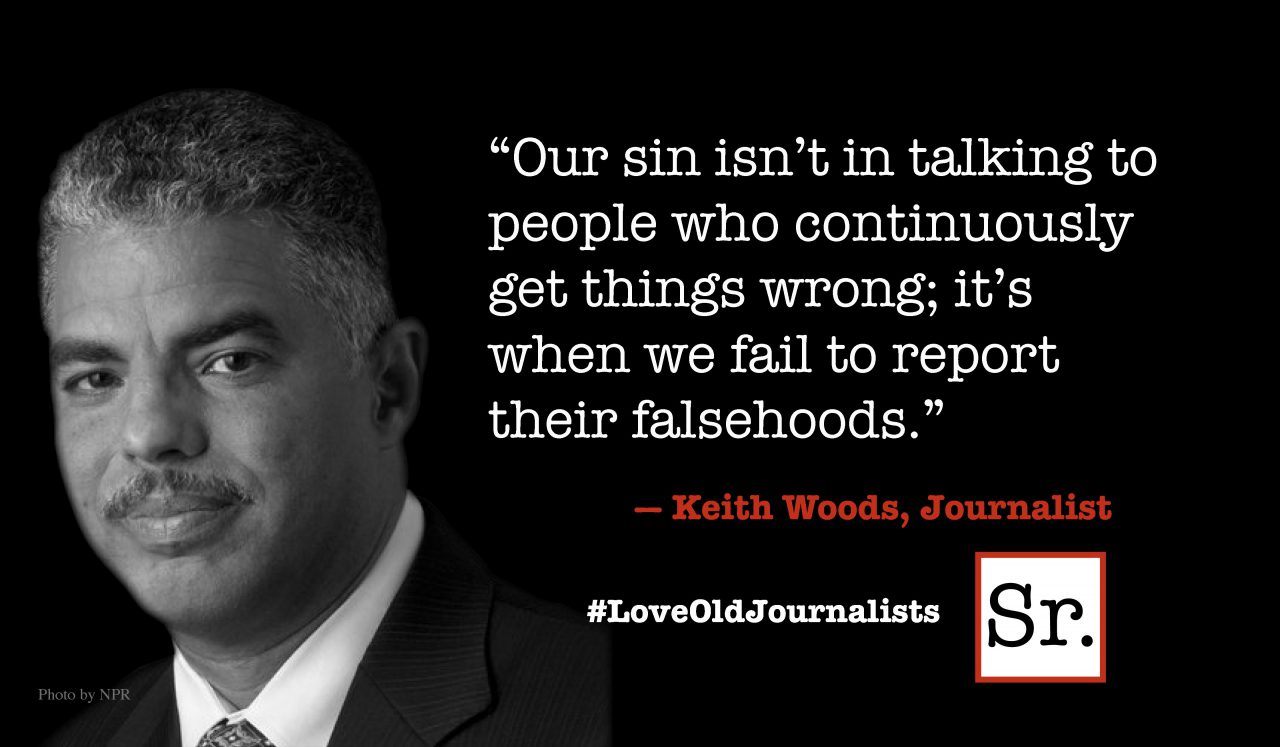This will be a short post but for those of you that missed CBS's "60 Minutes" on Aug. 5. You missed a most interesting report from Lesley Stahl on face blindness or prosopagnosia. This is the first time I have ever seen a report aimed at informing the general public about this most unusual condition. The interviews Lesley conducted with people who must cope with face blindness were fascinating. This is the same condition that Ed Talbot suffers from in "The Long Road to Paris," which causes him trouble with relationships. We didn’t interview anyone when we decided to make this part of our story. Our information came from the little medical research that has been done.
The impact of this mysterious neurological condition prevents those who have it from recognizing faces. In severe cases, they don’t recognize family members, close friends or even their own face when viewed in a mirror. If you missed this interesting report, you can find it at: www.60minutes.com
And if you haven’t read "The Long Road to Paris," the opening chapter, which is really Ed’s back story, begins like this and describes the same characteristics of acquired prosopagnosia that Lesley Stahl described on the segment "Face Blindness" that aired on "60 Minutes" on Aug. 5.
Chapter 1
August, 1988
All he had left were painful memories. He blinked, trying to clear his vision. It was more than the rain driving against the windshield; tears ran down his face. In the dark, blurred images flew past the windows. He tried to focus on the lane makers reflected by his headlights. Did they mark the center of the highway or the shoulder? It was something he should know, but he couldn’t make it come together. Everything felt wrong. His head and hands moved at different rhythms.Two bright starbursts filled the windshield directly in front of him, getting larger as he watched. An ear-splitting blast from a horn exploded in his head, and an adrenaline rush left him instantly sober. His gut constricted as he yanked the steering wheel, but his dad’s ten-year-old Ford swerved too far and hit the gravel shoulder. He gripped the wheel as the rear end fishtailed and the car broke though the guard rail and crashed down the embankment. Branches snapped against the windshield and scrapped along the sides. At the bottom of the ravine, he plowed into a tree with such force that he only had time to throw up his arms as he was hurled out. Silence. Then a fiery explosion.
* * *
“Let’s see. We’ve know each other almost a year now.” Dr. Parker put down Ed’s chart. “You’ve made remarkable recovery. I’m really pleased. There was a point that I honestly didn’t know if you’d get this far. How do you feel?”
“About what?”
“Everything.
“Well, my body’s healed.”
“How about your memory, reasoning, emotions? How are the headaches?”
“I still have them. They come and go. I don’t remember anything about the accident. Lots of earlier things too. I know what people have told me. But it’s not in my memory. It’s weird, sorta like Swiss cheese.”
“That’s not uncommon.”
“I know. You’ve told me."
“Your MRI looks nearly normal now.” Dr. Parker looked at Ed’s chart again. “According to your tests, your factual recall and reasoning skills are excellent. I expect there’ll still be more recovery, but after a year, it’s usually a lot slower. But sometimes a single event, particularly in an emotional context, can trigger complete recall. You never know.”
“I wish.” Ed looked at him. “It’s strange that others know more about my life than I do. And what about faces, people, will any of that come back?”
“I don’t know. I’ve given you what research there is. There’s not much. Acquired prosopagnosia hasn’t been well-studied.” Dr. Parker closed the file folder. “I’d like you to start seeing a psychologist.”
“Again? I’ve already been through the cognitive rehab program. I’ve learned to use other cues — smell, hairstyle, body type, context, voice, the way someone walks.”
"I think at this point, at least part of this is psychological."
“I don’t need to talk about it. I’m not stupid. I’m not going to do it again.” Ed's eyelid began to twitch. A headache would soon follow.
“Well, beyond that, you need to be careful not to set yourself up for failure.”
“What do you mean?”
“Your Mother told me that you still plan to start college this fall.”
“I’ll lose my scholarship if I wait longer. There won’t be another extension.”
“You know, there are lots of jobs that don’t require face recognition or memory linked to emotions. You function fine in most areas, but you need to be realistic. Focus on jobs that don’t require a college degree. I know you can find one that’ll give you satisfaction.”
“I don’t want a satisfying job.” Ed unconsciously rubbed the scar that split his eyebrow.
Dr. Parker took a deep breath, “I have a lot of confidence in you, but you’re not ready for college and I’m sorry, but I don’t think you ever will be.”
"Well, that’s not your decision, is it?” Ed started to get up.
“You’re not listening. Stress slows down recovery. Make an appointment with Dr. Campbell. You’ll like her.” He handed Ed a card.
Ed fiddled with it in his hand then looked up and met Dr. Parker’s eyes. “Look, it’s been a bad year. Mom’s back working; Dad’s taken a second job. I hear them talking in the night. It’s pretty obvious there’s nothing for Ethan’s education, let alone their retirement. I’m going to make a difference. I own them that.”
* * *
In this case truth is as strange as fiction.
Jan









